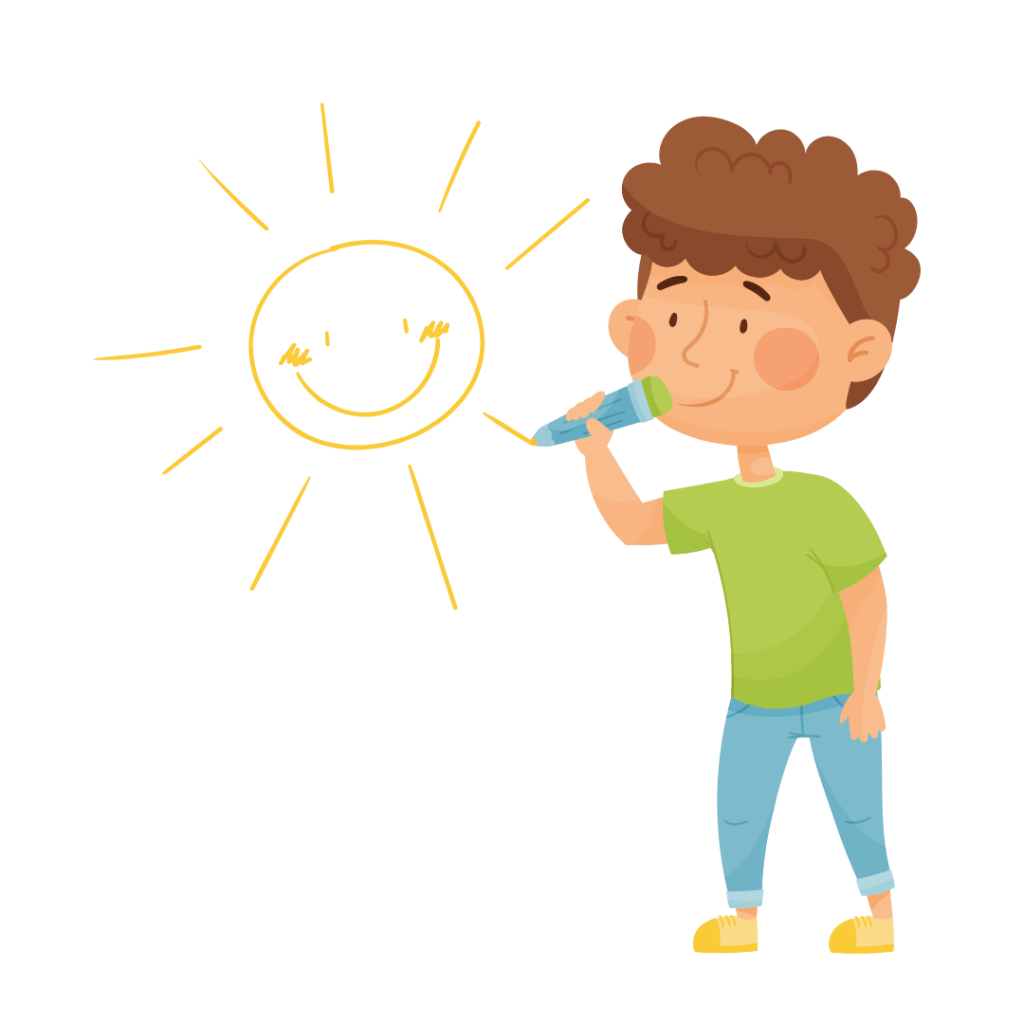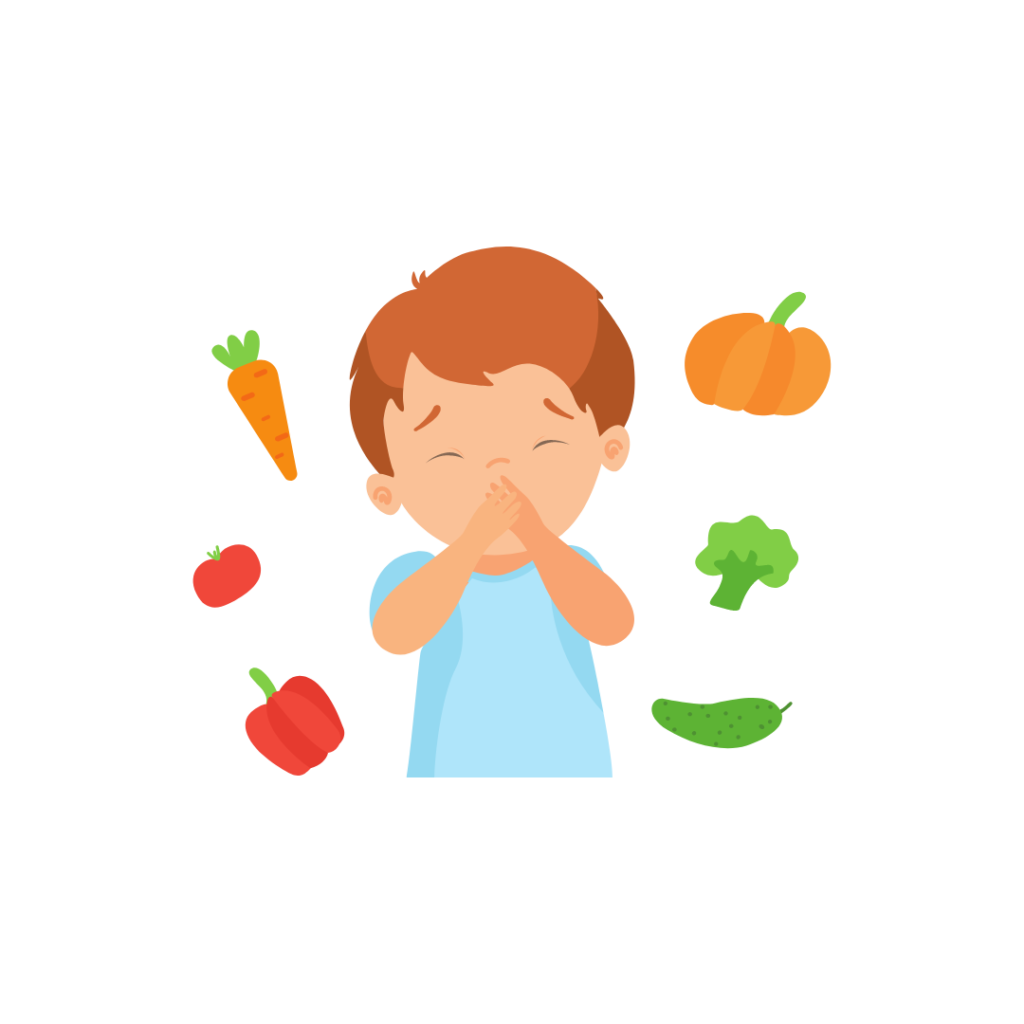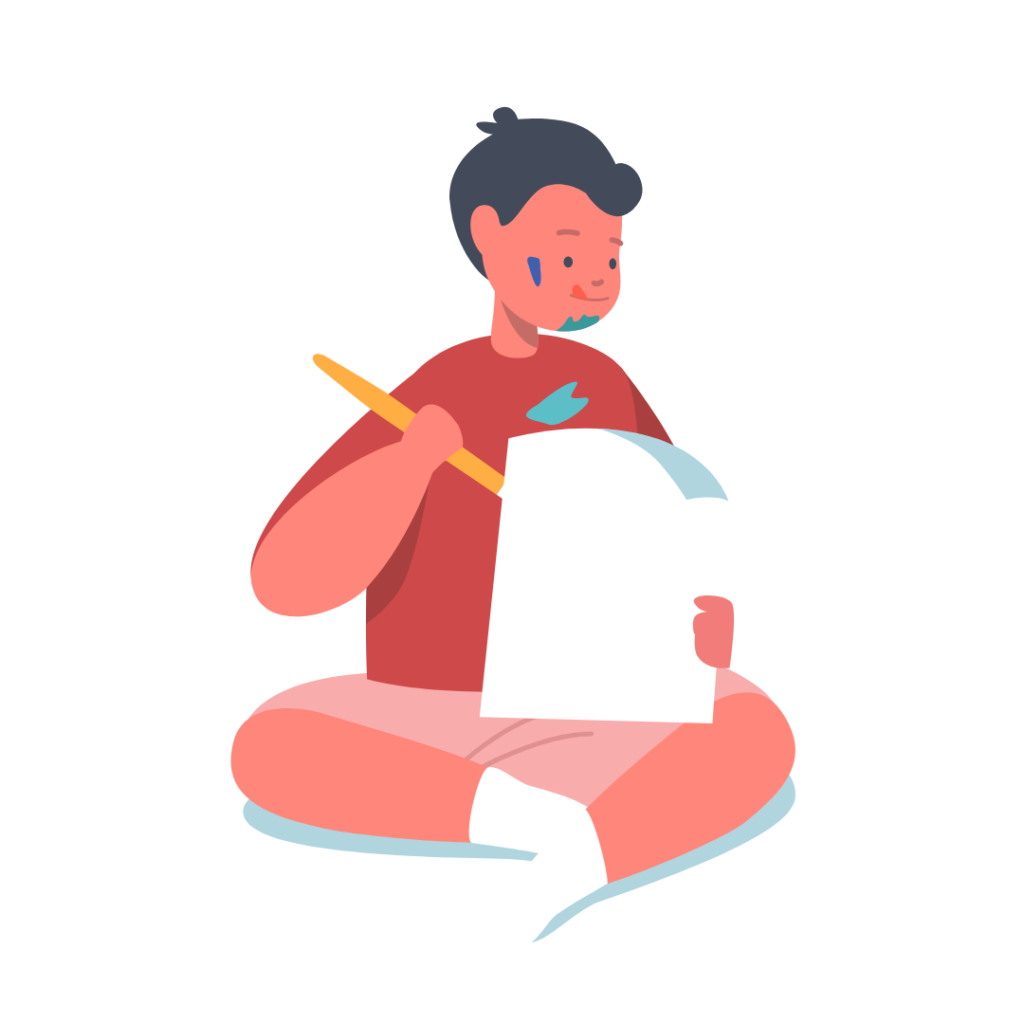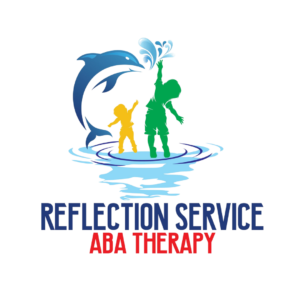
One to One
Most children who first enroll in ABA therapy at The Behavior Exchange start in One-on-One Therapy.
We provide them with highly intensive and focused therapy to help them master important skills they can build on and continue to advance, such as compliance, instruction following, self-help and motor skills, language, sibling relationships, age-appropriate play, and other social skills.
The overall goal of One-on-One Therapy is for children to master the necessary compliance and cooperation skills to successfully participate in group therapy that will continue to help them reach their full potential and make friends.

Parent Training
Parent training is an important part of ensuring a child’s consistent success at The Behavior Exchange. That’s why we encourage all parents and caretakers to enroll in one of our individual or group parent training classes. Wherever and whenever you engage with your child, it’s essential for you to consistently use Applied Behavior Analysis techniques to help your child reach their full potential.
The ultimate goal of our ABA parent training is to empower you with practical techniques that can make a difference in your child’s life and in your family’s overall well-being. As a result, you can feel confident that every interaction you have with your child is therapeutic.

Social Skills Training
Do they struggle to make friends? If your child is school-aged, our Social Skills can help. Children with autism and other developmental delays often need help learning how to connect with schoolmates and build meaningful relationships.
Social Skills enables them to learn in a fun, low-pressure environment that also works to build their self-confidence.
Our proprietary curriculum includes fun, age-appropriate activities to help children master conversation, sportsmanship, and friendship skills. Science, art, music, academic enrichment, technology and gaming activities are all used to motivate and engage in our social skills groups for children.

Functional Life Skills
Design, train, and support caregivers and other providers to implement a potty training protocol for any age and successfully become independent in complete during toileting.
Through ABA, children may learn a number of essential life skills such as following instructions, language and communication, motor skills, and self-help. These skills are integral to the classroom environment and will serve as valuable life skills in later years as well

Group Sessions
Social Skills is group therapy designed for school-aged children who need help making friends
and other fulfilling connections. Mastering social skills, like responding appropriately to situations and empathizing with peers, is critical to a child’s success in large schools and classrooms.
We group children who are developmentally appropriate for each other based on age, strengths, interest, and scheduling factors. As a result, various levels of therapy are available, focusing on everything from the basics to more complex skills. The goal is to maximize social interaction opportunities for children that will also build their confidence.

Functional Assessments & Behavior Support Plans
We use a combination of assessments that are age appropriate to evaluate the child current skills and identify potential long term and short term goals to improve the child quality of life. In collaboration with child’s caregivers and other providers, we complete assessments to help caregivers and other providers carrying over strategies across other people and settings in order to maintaining child learning potential. These tools help look into common functions that behavior might serve in client’s daily. There are 4 main functions:
- Attention: an individual engage in the problem behavior for the purpose to gaining attention.
- Escape: Behavior occurs to the purpose of escaping a non-prefer activity, setting or task
- Tangible: behavior occurs for the purpose of obtaining a preferring item such as food, toys, activities, or others
- Sensory Stimulation: Behavior occurs with or without anyone watching and the individual does not need any other forms of stimulation

Natural Environment Teaching (NET)
Natural Environment Teaching (NET) is a scientifically proven teaching method which allows ABA practitioners to incorporate the learner’s natural environment into the teaching, development, and generalization of skills. Teaching is incorporated into play activities using familiar toys, games, and materials to maximize the learner’s motivation to continue the activity.

Food Refusal
Teaching children to try new foods that are not current in the prefer list of items he eats in his daily diet.

Self Help Skills
Through ABA, children may learn a number of essential life skills such as following instructions, language and communication, motor skills, and self-help. These skills are integral to the classroom environment and will serve as valuable life skills in later years as well.
